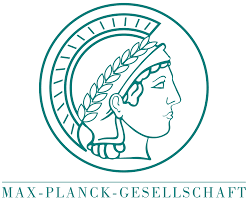Challenges and opportunities in the advancement of herbal medicine: India’s position and role in a global context
In the last few decades eco-friendly, bio-friendly, cost-effective and relatively safe herbal medicines have moved from the fringe to the mainstream with increased research in the field of traditional medicine. Medicinal plants are an integral component of alternative medical care. For millennia, Indian people traditionally played an important role in the management of biological resources and were custodians of related knowledge that they acquired through trial and error over centuries. India has a rich wealth of medicinal plants and the potential to accept the challenge to meet the global demand for them. Ayurveda, Naturopathy, Unani, Siddha and folk medicine are the major healthcare systems in Indian society, which fully depend upon natural resources. The market for herbal drugs has grown at an impressive rate due to a global resurgence in traditional and alternative healthcare systems, and therefore medicinal plants have great economic importance. However loss of biodiversity, over-exploitation and unscientific use of medicinal plants, industrialization, biopiracy, together with lack of regulation and infrastructure are the major impediments to the growth of herbal medicine. Conservation, proper research based on traditional knowledge, quality control of herbal medicine and proper documentation are essential in the 21st century for the growth of herbal medicine usage.

















